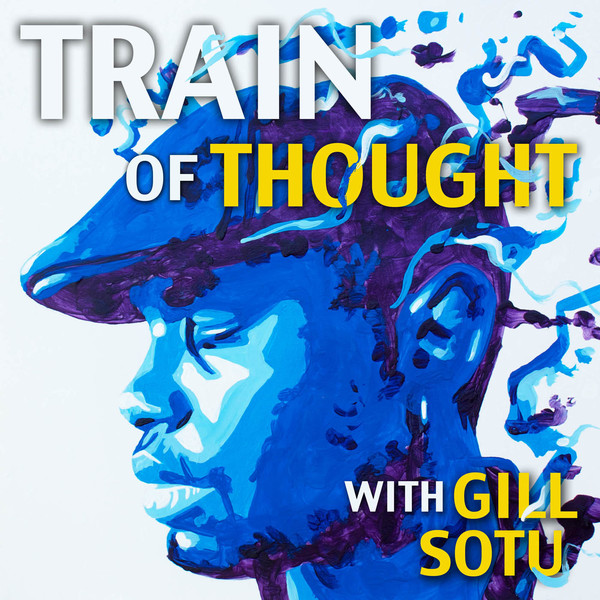

Now, this kind of thinking can be applied to any kind of experience. Experience Design is an approach to creating experiences that do those things. What is experience design? And why does it matter? Well, marketing is all about solving problems, eliciting positive emotional responses from people, and ultimately driving consumption usage and behavior. We'll hear John's unique perspective on information and experience design in marketing based on his work for top companies like IBM and Chrysler. Matt O'Leary 2:00 In this episode, we interview our very own John Lenker, about his unique path to authoring an influential book on web design philosophy, and founding a fast growing marketing company. And I remember thinking back in the day, that we spend so much time on our projects, trying to get our websites and all these things to work well on machines, so they don't break almost no time trying to think through how to make them work well on people. John Lenker 1:40 How do you craft information to be the most effective on the human mind? Right. We affectionately call this process influence hacking.

Our purpose is to educate everyday consumers such as myself to be more critically minded and discerning about marketing messaging, while educating marketers to be more ethical and effective as they strive to influence consumers. Through fascinating interviews and in depth analysis.

This podcast is an unlikely collaboration between marketing expert John Lenker, academic philosopher Kevin deLaplante, and myself, a counselor by training. That's why we need to chart a path forward to learn how marketing can be both growth oriented and good to humanity. While cynicism about the field grows, making people care about products, services, platforms and good ideas isn't going away anytime soon. Let's face it, marketing doesn't have a great reputation. Matt O'Leary 0:26 This is Matt O'Leary, and you're listening to the influence hacker podcast.

John Lenker 0:06 so when you know the right people, you know the people you're speaking to, you know when and where they're encountering your message and you know what you want them to do, then and only then can you formulate the actual craft the actual message, then and only then do you know what the content and substance of your message should be in order to point them towards that goal.


 0 kommentar(er)
0 kommentar(er)
